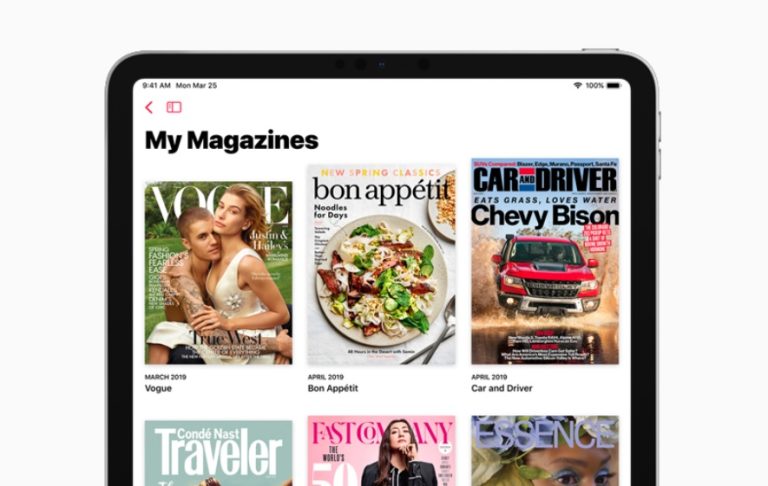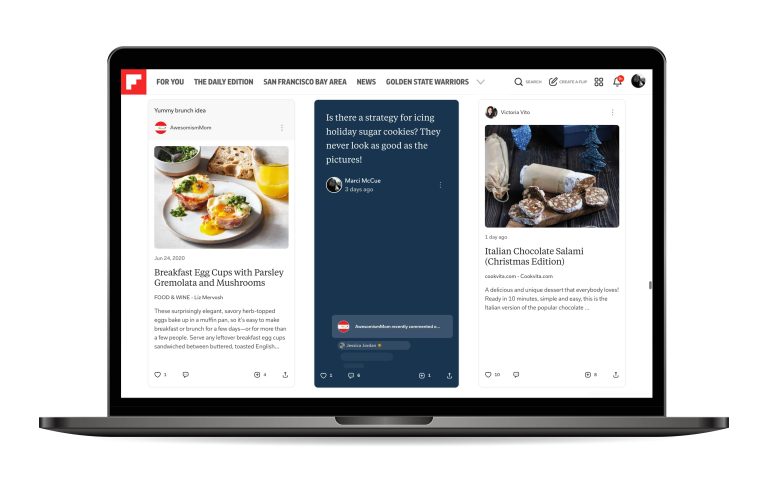Well, that was fast. Just a year after Instagram co-founders Kevin Systrom and Mike Krieger launched their first post-Instagram project — the personalized social news aggregator app Artifact — they abruptly decided to call it quits, having come to the conclusion that “the market opportunity isn’t enough to warrant continued investment” in the product. That announcement on Friday certainly came as a shock to many (but not all) of Artifact’s small but loyal user base, many of whom had been attracted to everything from the app’s slick UI to its myriad innovations, like the ability to create AI-generated images for posts inside the app as well as the ability to mark news articles as clickbait (at which point AI would rewrite the headline).
Plenty of Artifact’s users, meanwhile, took to social media to claim they weren’t surprised at all that the app is shuttering, given the tough road faced by what was largely a content aggregation app starting from scratch in an overly-saturated marketplace. We can certainly debate all day long about what Artifact, which was initially presented as a kind of TikTok for text, got right and wrong. But right now, at least in my mind, there’s a much more interesting question that Artifact’s users are asking in comments and posts everywhere from X to Reddit over the last day or so:
Where do we go now?
Many of those users, and I suppose I’ll include myself in this group, had flocked to Artifact to begin with in the wake of volatility at Elon Musk’s X. Does it necessarily follow that those users are now going to just return to the Wild West of X, as Artifact winds down in the coming weeks? I don’t think so.
As I see it, there are two very solid apps that are worth Artifact’s users migrating to (if they aren’t there already): Apple News, and Flipboard. Both of which will be attractive to Artifact users for very different reasons.
We’ll start with a particular kind of user that X has run off — people who just want a daily dose of information, in the form of a drip feed that shares the most interesting and important updates from accounts they follow, minus the drama you get from the trolls and crazies that dominate X. Many of those disaffected X users migrated over to Artifact in the hopes of a straightforward news app. Which it was, for a time.
If that’s largely what you want — a vertically scrolling stream of headlines and just the facts, ma’am — then, in my opinion, Apple News is the app for you.

There are no social features whatsoever, of the sort that Artifact users eventually started to complain about. The basic functionality is that you follow as many publishers or topics as you want, and your feed will be populated with an infinitely scrolling collection of content. Furthermore, there are two settings you can enable to even more granularly control your feed: You can restrict stories with explicit content, and you can also limit Apple News to only showing you content from sources that you actually follow (rather than the app showing you content from sources you don’t follow but that the app thinks you might like).
The second app that I think Artifact users ought to consider switching to is Flipboard — and it’s partly because some of you say you want a newsreader app, but you don’t really mean it. Artifact, for example, got lots of negative comments both in the app as well as via reviews left in the Apple and Google app stores expressing frustration at seeing news that the user didn’t agree with or like (which is not necessarily the app’s fault) and also frustration over seeing too much news (like all those Russia updates from Newsweek that it felt like Artifact was flooded with every time I opened it).

If you’re more in this latter camp, then the kind of app I suspect you want is one that’s good at delivering you news — albeit, within the context of your interests. That, my friends, is Flipboard. “It’s always tough to hear about a startup shutting down its service,” Flipboard head of content and communications Marci McCue told me Friday via email. “Of course we think many people who used Artifact for curated news would also love Flipboard, and we hope they try it out.
“We’ve built a system that blends human curation with algorithms where our editors and users curate the most important stories for people every day. They are sure to find topics they care about on Flipboard. But beyond that, this year we’re opening Flipboard up to the larger Fediverse ecosystem where millions of people can engage with any of the stories shared on our platform. As we federate our service, everyone on Flipboard can be a part of this growing community and find new connections around the content they love.”
The other great thing I’ll say about Flipboard is that while it has the human element, the curation, and the community that Apple News lacks, Flipboard also hasn’t gone overboard in building the kind of wild, hard-to-moderate space for user-generated content that Artifact was starting to turn into. It’s simply a collection of the best of the web, delivered inside a beautiful reading experience. In fact, perhaps the best thing I can say about Flipboard, as a longtime user, is that I’ve never once closed the app after spending any amount of time using it and felt unsatisfied, like I’d just wasted a few precious minutes.
The difference between apps like Flipboard and Artifact is the difference between sitting with a book you enjoy in front of a cozy fireplace, versus listening to people vying for your attention by clamoring about, say, Elon, AI, and crypto inside a bar while you’re trying to figure out where to sit.








